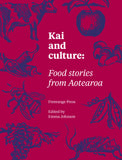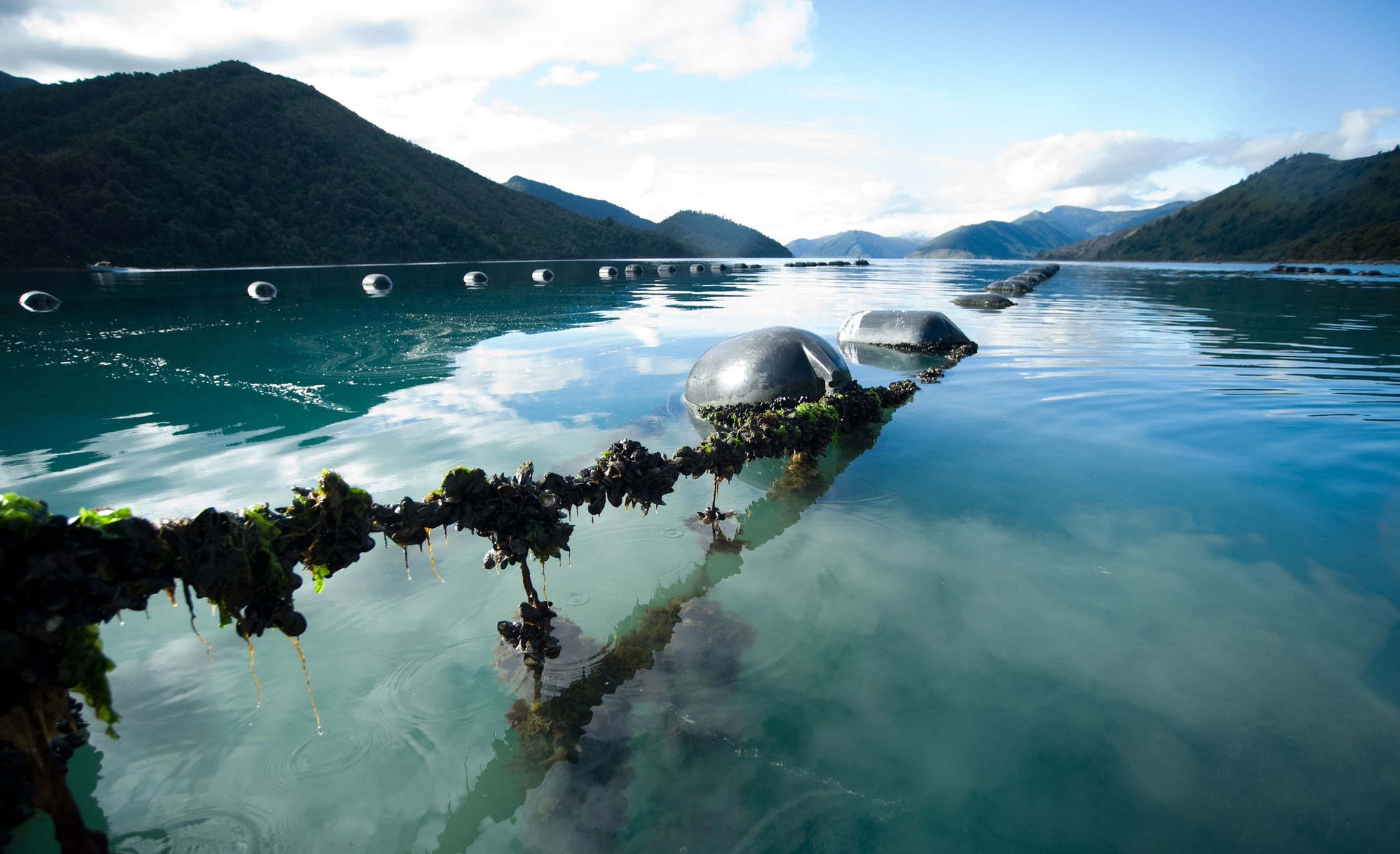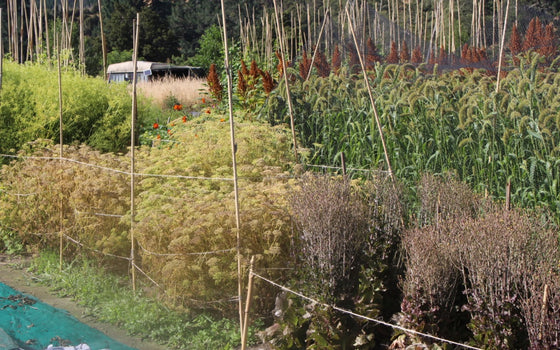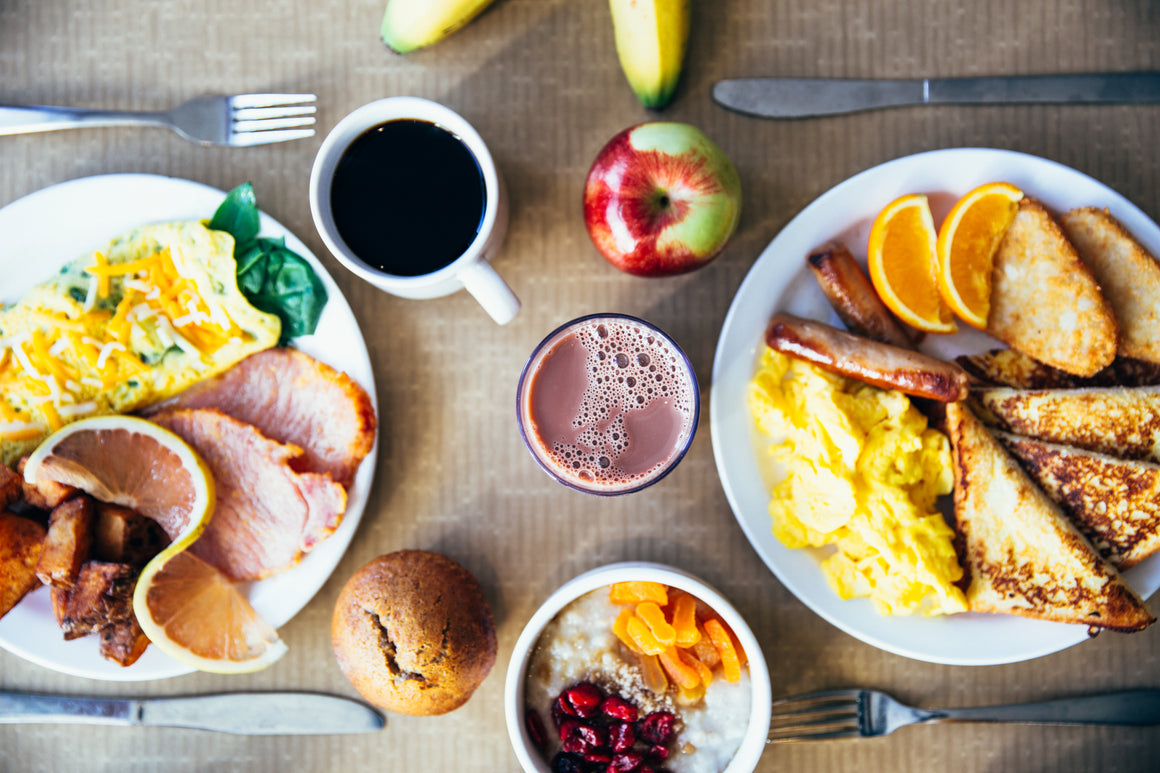Sustainable fishing: Yellow Brick Road
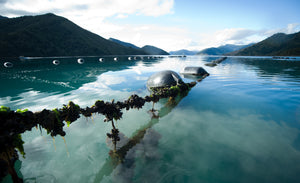
With over 15,000 km of coastline and a 450-km girth at its widest part, New Zealand is a maritime nation where the farthest point you can get from the sea is 120 km inland. From Polynesian settlers and the cottage industries that developed in locations across New Zealand through to a major export industry, seafood has been an important resource in Aotearoa ever since it has been inhabited. Today New Zealand has the world’s fourth-largest Exclusive Economic Zone, an area twenty times the size of our land mass, and ‘rights to the seabed resources of the continental shelf of which it is part’(Alley).
In this environment, fishing has changed in both degree and kind. Large-scale commercial fishing has come with a series of environmental and social challenges (the extent of which may be hard to fathom as the industry reports on itself). There are the impacts of bottom trawling, dredging, overfishing and illegal dumping. There is the fact, according to Dr Glenn Simmons from the University of Auckland, that 85 per cent of the wild catch is sold overseas, with foreign charter vessels (FCVs) catching around 60 per cent of the deep-sea quota, which is then shipped overseas for value-added processing. Add to this the findings of the MPI’s Operation Achilles and QC Heron’s 2016 independent review – that our Quota Management System is not working as it should be – and one could be forgiven for thinking that the industry as a whole, and MPI, needs to be more responsible.
Perhaps this could start with small actions. It could be the case of smaller, ethical operators showing what is possible by adding value to a community through the nexus of food and relationships, and, through their success, indirectly encouraging larger operations to alter their practices.
This could involve making New Zealand’s best seafood available in New Zealand restaurants and, through responsible fishing, giving chefs a chance to introduce a variety of fish species to diners. With these things in mind, the sustainable seafood provider Yellow Brick Road was established in 2006. For them responsible fishing is not only an important part of preserving fish stocks, but it also gives access to the best produce because of the labour, time and care involved. Martin Bosley, the Chief Fishmonger, explains that ‘The aim has always been to take those that catch closer to those that cook’.
Working predominantly with inshore fishermen who catch using long lines (one fish per hook) on day boats, Yellow Brick Road has a focus on value as opposed to volume. For them this means sourcing the best seafood, preserving New Zealand’s reputation as a world class producer and making this food available in restaurants around the country. It also supports those fisherfolk who are catching seafood in a manner that does not adversely impact other species in the ecosystem, and recognises the value that they bring by showcasing our rich edible resources. It is a symbiotic relationship: chefs have the opportunity to present the best produce, and fishermen’s livelihoods are assured. And all of this is achieved in a manner that is respectful of fish stocks and the environment.
Relationships are integral to Yellow Brick Road. Chefs want to know where their food comes from, and how, so provenance is especially important: ‘We do not work with trawl-caught fish, nor will we purchase fish without knowing who caught it, when and how.’ They work with a wide variety of species and, as a Māori-owned food company, embrace the role of kaitiakitanga, which involves responsibility, respect, a deep connection to place and knowledge of provenance – all elements that are also key to the preservation of our seafood resources.
Kaimoana has always been part of the New Zealand food identity and culture to varying degrees, whether customary, recreational, commercial or otherwise. Yellow Brick Road believes that all these different groups across the spectrum see that ‘it’s part of who we are as a nation to catch and eat fish’. But by facilitating the presentation of different types of fish to New Zealanders, Yellow Brick Road is helping to expand that food culture and is encouraging resilience within the industry through diversifying the products sold. And it keeps coming back to that nexus between food and relationships. Martin believes that ‘We have an exciting, vibrant food scene, one that is constantly evolving. We are still moving to establish just what our food identity is, but at its core is the quality of our produce and our manaakitanga, our hospitality.’
Yellow Brick Road supplies Kiwi chefs with our best seafood. Image courtesy of Kono.
Work cited
Alley, Rod. ‘Multilateral Organisations - Rule-Making: Maritime, Environmental and
Criminal.’ Te Ara - the Encyclopedia of New Zealand, 20 June 2012, www.TeAra.govt.nz/
en/map/33830/exclusive-economic-zones.
Extract from Kai and Culture: Food Stories from Aotearoa, edited by Emma Freeman (Freerange Press, 2017). To buy click here.
